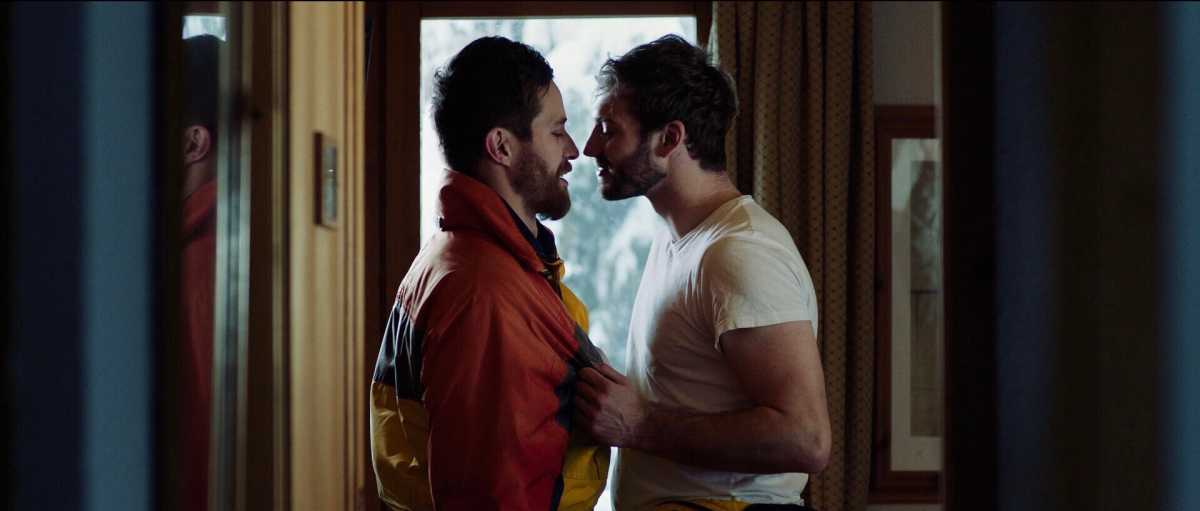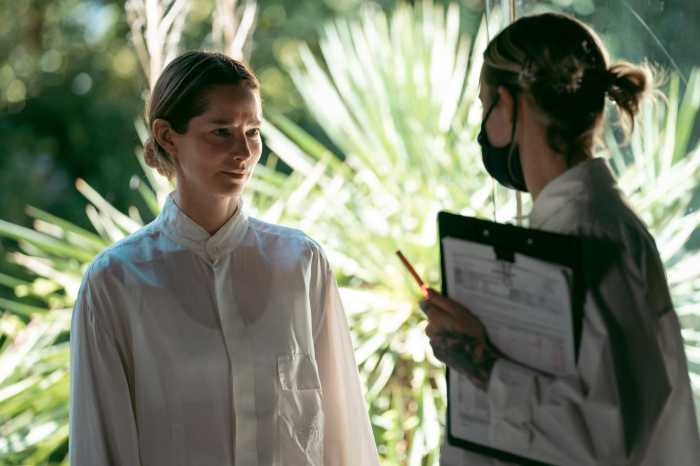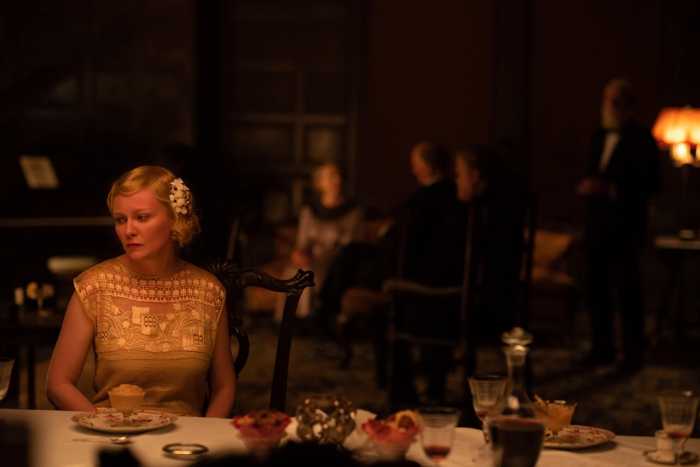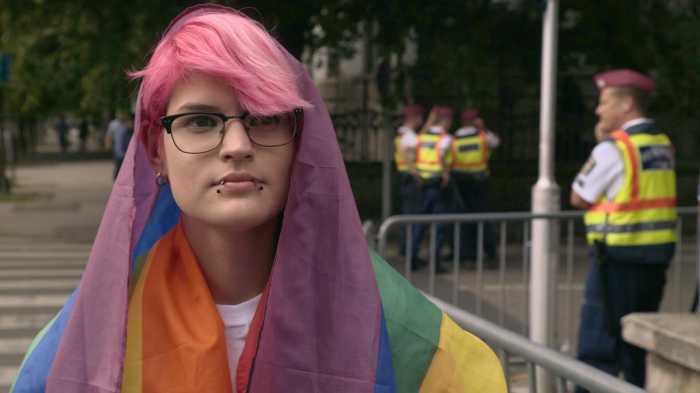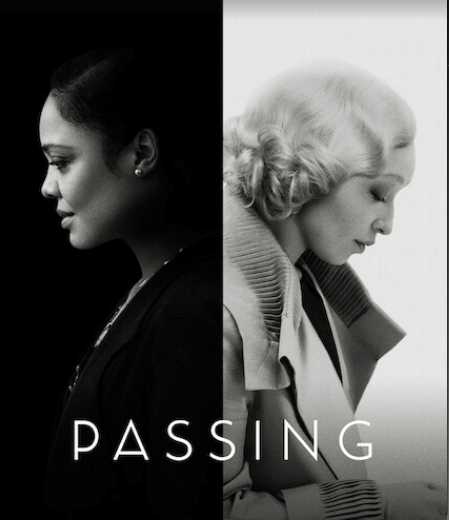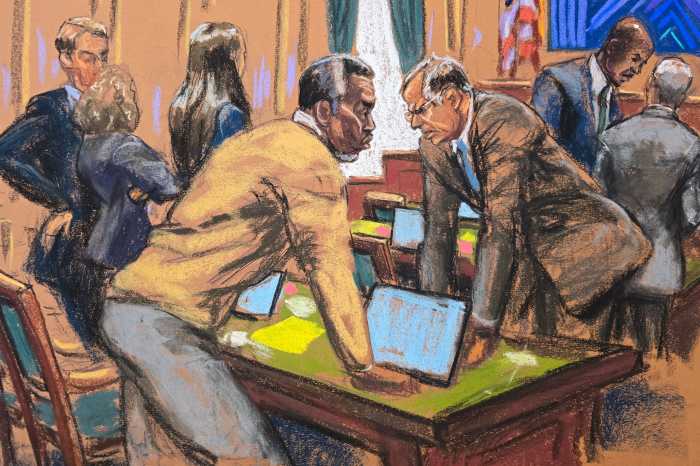Out gay filmmaker Matt Carter makes an auspicious feature film directorial debut with “In from the Side.” His terrific drama mixes romance and sports as Mark (Alexander Lincoln) is a B-team rugby player who falls for Warren (Alexander King), who is on the league’s A-team.
While both men, are, in fact, in relationships with other guys, they cannot control their desires and embark on a secret affair. And when Warren joins Mark’s league for an away game, Mark ditches his teammates to be alone with Warren, indicating their trysts may be turning into something more serious. As Mark falls more in love with Warren — and they spend more alone time together — Mark rethinks what he wants out of a relationship. Will their love win against all odds?
Gay City News spoke with Carter about making “In From the Side” to find out.
What can you say about making a gay romantic drama about rugby players for your feature directorial debut?
I think it’s an authentic representation of that world. I’ve been involved with inclusive rugby for eight years as a player and coach and a referee, and that is exactly what that world is like. From the inception of the idea, we wanted no homophobia and no coming out storylines. The fact that these characters are gay is unremarkable… We just showed their lives. It flavors the story, but it’s not theme of story. So many films deal with the angst and stress and dark side of being in the LGBTQ community. It’s nice to show things as they are and it allows you to look at life after coming out and show that authentically without having to default to the stereotypes in gay cinema. It is refreshing that there is no drama about their sexuality.
What about depicting the romance? This is a film that addresses infidelity. Can you discuss why you chose to examine that theme and build the story around that topic?
Open relations and monogamy are huge topics we’re on the forefront of exploring. The film reflects reality — it does not promote something in a negative or positive way. It invites sympathy for these characters who are doing morally questionable things, but the love they develop is beautiful in and of itself. All the characters are flawed, imperfect, because that’s real life. Showing that one couple has an open relationship, and one has a closed relationship — which is better, which is worse, are they both problematic? It explores that, but also the wider friendships and the different friendships we have in the gay community, and the sense of belonging we long for, whether that is in a relationship [or the] community aspect of rugby club.
The story is mostly told through Mark’s point of view. We get very little information about Warren’s life — he often just shows up wanting sex and romance. What can you say about creating the characters and developing their relationship?
We view everything through Mark’s perspective. We rarely linger on Warren. We see Warren through Mark’s eyes, but in the French Alps scene, Warren is vulnerable and Mark is the confident one. Mark is in his world, and it’s fun to see the bravado and mask Warren wears fall away. It shows what their love could be.
Warren is desperate for a closeness and that manifests through physicality of sex and lust. He really wants someone who really sees him and who makes him feel something that his current relationship doesn’t. We infer he is a thrill seeker and that he has a shady past and has an addictive personality. He is looking for constant excitement and Mark kind of gives him that. He falls for Mark because he feels really seen by him, and they both find in each other what they don’t have in their current relationships.
I know you coach rugby, and the film’s sports scenes have a real sense of authenticity. Can you talk about staging them? And did you cast actors who could play rugby or find rugby players who could act?
All the actors are actors, but during the casting process we said anyone who had prior sport or rugby experience was a plus. Most played in school, and a few never played. We wanted performance first. I coach, so I could bring people up to speed. I teach beginners to learn the sport in eight weeks to make newbies match ready. I did a boot camp. But it’s a movie, so it’s choreography, and we don’t expect the actors to do much other than pass ball and look confident. There is genuine rugby happening in the film, and we did lots of set pieces. So, we showed best bits of what we filmed to make it authentic. Rugby is a complicated sport, and you can bore an audience if you ask them to follow any game, but do care about characters, so we focus is on characters’ faces and what they are feeling.
I really appreciated the camaraderie of the teammates and that you took time to define the characters. What can you say about creating that in the script and with the cast?
There are about 15 speaking roles in the film, and it can be very easy to get them mixed up, so we had to give them personalities and connections — who are they friends with, or do they not get along with? We are dropping [viewers] into a world that already exists. It’s a rugby family, and you don’t always get along, but you put up with and tolerate and love each other in their way. The B-team story is almost as important as central relationship and it’s the stage the relationship takes place. They affect each other.
Let’s talk about the love scenes and making a gay romance with more romance than sex.
Adam Silver, my co-writer, and I had a discussion from the start that we would not have any gratuitous sex. Anytime sex is used as a storytelling device. There are only two scenes where the characters are actually having sex — a scene in a toilet and after the Cardiff match. They are turning points for the characters. It’s really showing how they start to fall for each other. The sex is more lovemaking and them falling harder for each other. It shows they have a physical attraction.
The film is really about body blows — getting hurt physically on the pitch and emotionally with heartbreak or hurting others. Can you talk about that aspect of your film?
It is about how you hurt your head and you hurt your heart. The tagline one of the actors came up with, which is used on the poster, is: Love is a contact sport.
“In From the Side” | Directed by Matt Carter | Opening January 20 at the Quad Cinema | Distributed by Strand Releasing.

